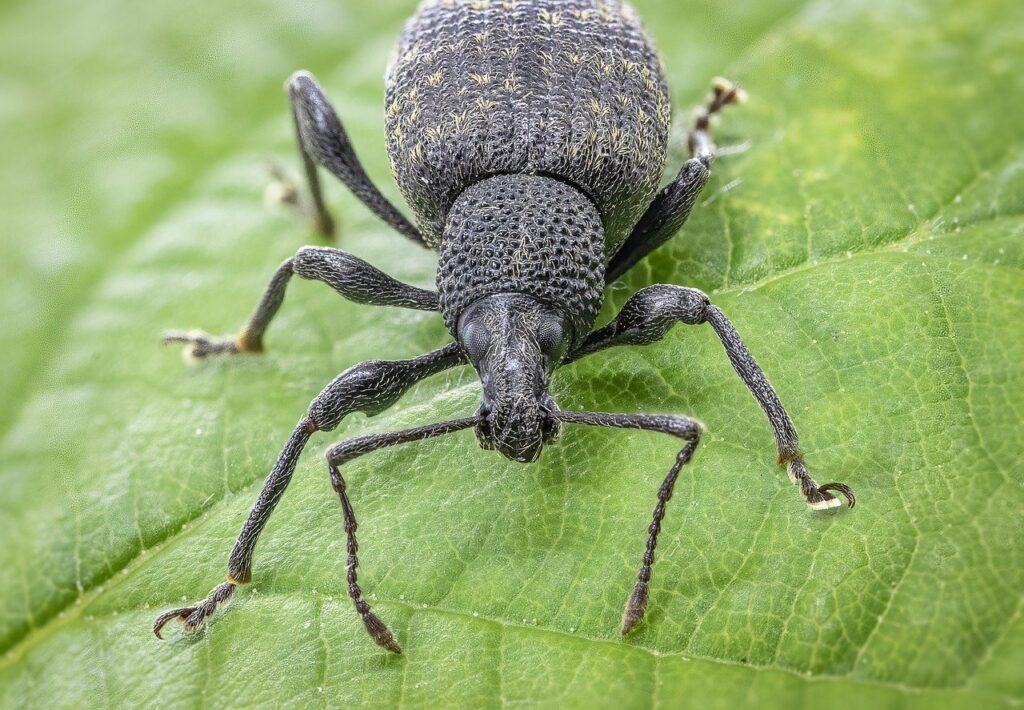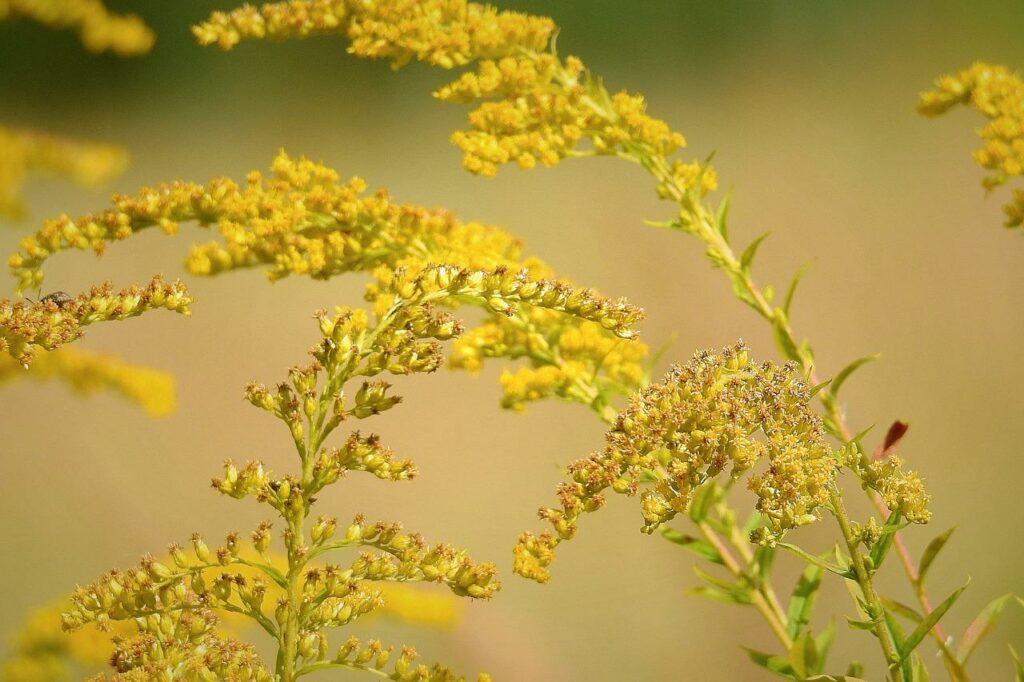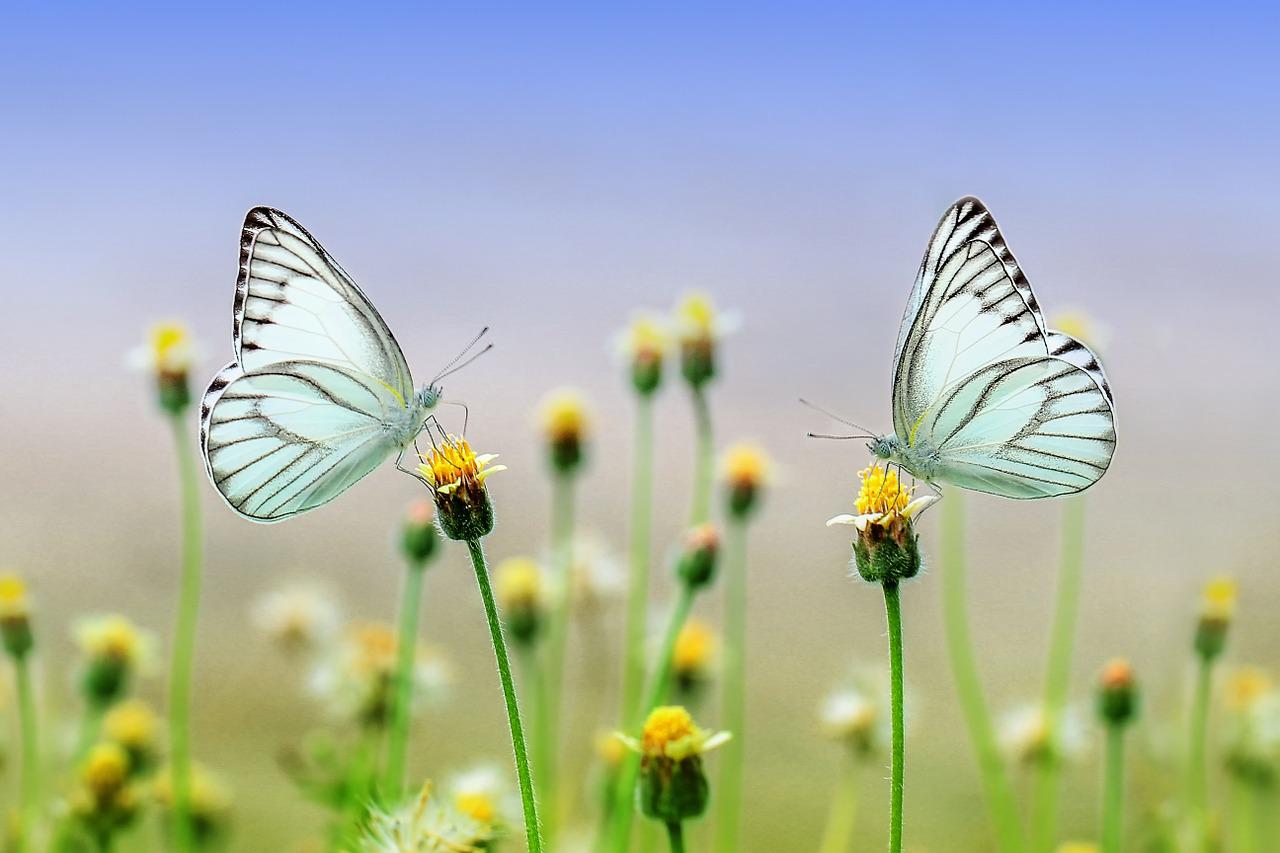Insects can have a bad reputation. For many people, insects are just biters, stingers, spreaders of disease, and nuisance pests. But there are some insects that are actually considered ‘beneficial’. If you have a garden, lawn, or yard, you may want to attract these beneficial insects. Here are some ways you can attract beneficial insects into your garden.
What are beneficial insects?
But what are beneficial insects, exactly? Beneficial insects are insects that are good to have around. They can be classified into many categories, such as parasitizers, pollinators, and predators:
- Parasitizers are those who prey on other insects in a parasite-host relationship. Parasitizers lay their eggs on other insects, and then their larvae will prey on the unfortunate hosts. Parasitic wasps are parasitizers.
- Pollinators are probably the ones you are most familiar with. They are the bees, butterflies, and moths that pollinate the flowers in your garden.
- Predators kill and eat other insects. Ladybugs, dragonflies, praying mantids, and lacewings are predators. These insects are good to have around because they eliminate common pests that can infest the outside of your house, such as aphids, flies, mosquitoes, vine weevils, and whiteflies.
Beneficial insects can indirectly help your greeneries thrive, especially if you have a garden. They also keep you and your family safe from the health risks associated with some of these common pests. Mosquitoes, for instance, are considered to be the deadliest animal on the planet, primarily because they carry disease-causing microorganisms and so if a beneficial insect like a dragonfly can eliminate these insects, then that is a good thing — right?

How to attract beneficial insects to your garden
1. Be careful with insecticides
Insecticides are great. They are effective pest killers, especially if you have the likes of cockroaches and flies inside your house. But insecticides have a lot of negatives as well, such as:
- Many commercial insecticides are broad-spectrum pest killers. If you look for the most popular insecticide brands out there like Baygon, you will notice that most of them can be used for a variety of pests, like ants, cockroaches, and mosquitoes. This can be a good thing because it makes pest control less complicated. But it can be a bad thing as well. If an insecticide is broad-spectrum, it may end up killing many different kinds of insects, including the ones you don’t necessarily want to kill.
- Many of them have long residual effects. Insecticides with residual effects are great. They ensure that your property will be safe from harmful insects for a long time. But this can be a negative because it can disrupt the life cycle of the innocent insects on your property. This can also end up harming your greeneries.
If you want to attract beneficial insects to your garden, make sure to be very selective in the insecticide you use and be conservative on how you use it. Choose an insecticide that kills a specific kind of pest if you are dealing with a specific pest infestation. And choose one with a shorter residual effect to limit its negative impact on the other insects on your property.
2. Have plants that attract beneficial insects
There are different flowers, herbs, shrubs, and trees that attract beneficial insects. They attract beneficial insects to your garden in different ways. For instance, flowers can provide nectar and pollen for pollinators. And shrubs and trees can provide shelter for parasitizers and predators.
Here are some of the best plant families to incorporate into your garden to attract beneficial insects:
- Aster family. This family includes blanket flowers, coneflowers, goldenrods, and sunflowers. They can attract predators like lady beetles. You can incorporate them into vegetable gardens and flower beds.
- Carrot family. This family includes corianders, cilantro, and fennels. They can attract parasitizers like parasitic wasps. You can interplant them in vegetable gardens and flower beds.
- Legume family. This family includes fava beans and sweet clovers. They attract a variety of beneficial insects. You can grow them as cover crops.
- Mustard family. This family includes broccoli, cabbages, and cauliflowers. They attract parasitizers and predators. But unfortunately, they can also attract garden pests as well. Make sure to plant them away from your garden.
- Verbena family. This family includes lantanas, lilac vervains, and other garden favorites.

3. Cultivate an insectary
An insectary is a small space dedicated to plants that attract beneficial insects. You can place this space near your garden. But you can also place it right inside your garden in small pockets. You can use the plant families above as a guide to know which plants to include in your insectary.
Generally, you will want a good variety of plants, so you are sure you are attracting beneficial insects to your garden all year round. Most plants bloom in spring and summer, so make sure to include ones that bloom in fall as well.
4. Have a water source
Many houses already have water sources that attract animals. There are some that have birdbaths that attract small birds. There are some that have garden ponds that attract frogs. But these water sources are often inaccessible to insects, so the insects are not really attracted to them.
One great way to provide water to insects is through the use of a water dish. You can use the tray that goes under the plant pot. Fill it with water and add some pebbles and rocks, so insects can have something to step on as they reach for the water. If you water your plants often, the puddles of water on your garden soil can also provide water to insects.
Be careful with having stagnant water though, such as those you can find in gutters and unmaintained birdbaths. They can attract harmful insects like mosquitoes.
5. Provide shade and shelter
Insects are just like you. They need protection from heat and rain. Yes, your plants may already be sufficient protection. But you may want to optimize the outside of your house even more, so you can attract even more beneficial insects. Scattering stones throughout your house’s exterior is a good idea. The cracks in between stones can serve as protection. You can also ensure that you are keeping some of your garden soil moist to cool and hydrate beneficial insects on the ground, like ground beetles.
Beneficial insects are great for your garden
Some insects are good to have around because they help kill other insects that can become pests. If you want to attract beneficial insects to your garden, make sure that the outside of your house is a place where small organisms can thrive. This means you need to have resources and shelter there that they can utilize. And you need it to be safe from toxic chemicals like insecticides.

